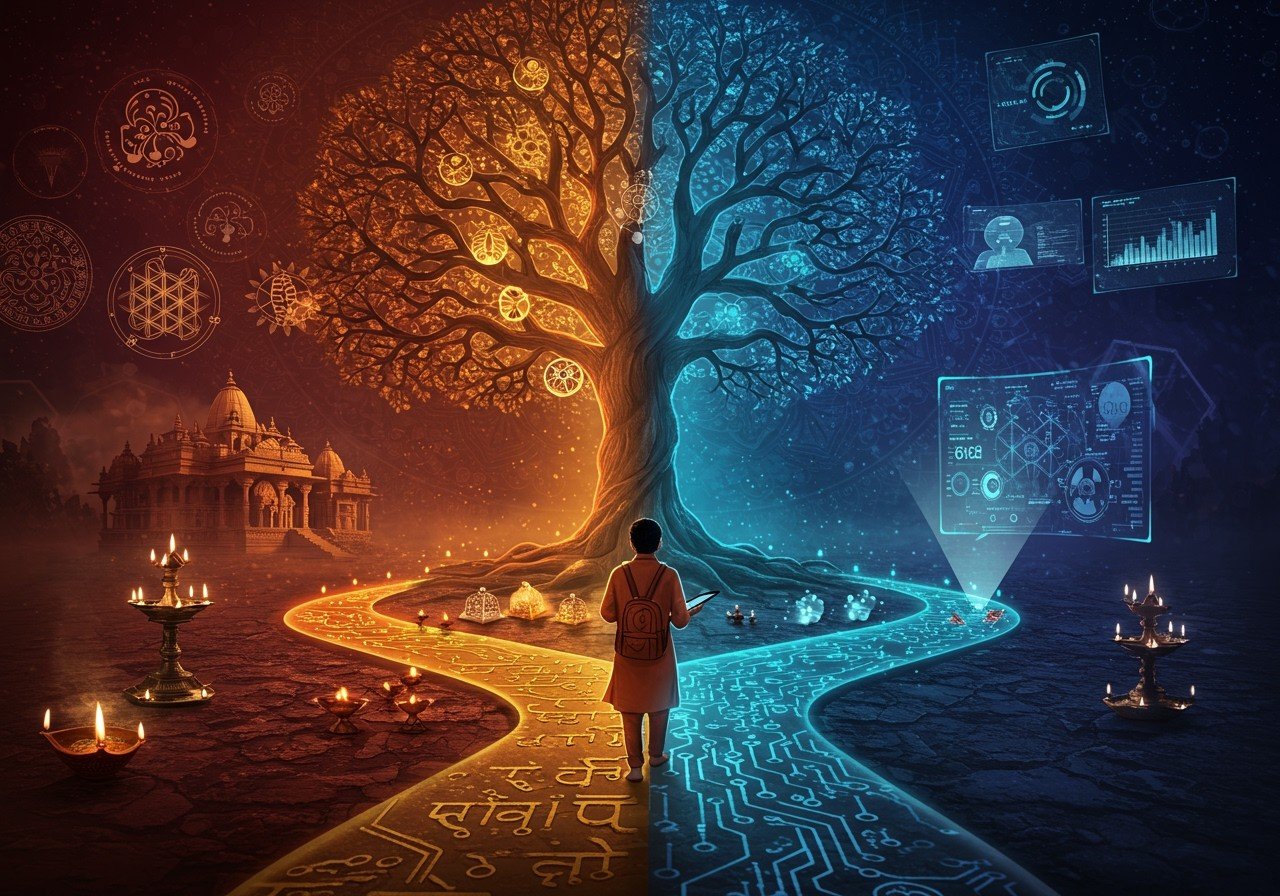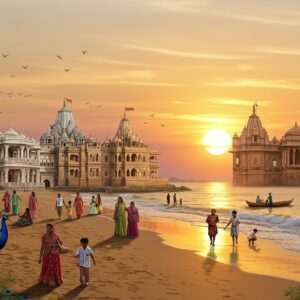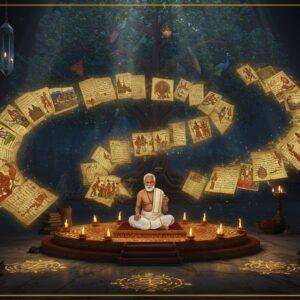
In India, education is a blend of history, tradition, and modern needs. It’s crucial for shaping the country’s future. Balancing cultural values with global advancements is key for educational reform. Learn how India is adapting to these changes.
Historical Context of Education in India
Education in India has a rich history, starting with the Gurukul system. The British era introduced Western-style education. After independence, policies like the National Policy on Education 1986 and the Right to Education Act 2009 made education more accessible. There’s a shift from rote learning to student-focused methods. Diverse cultures and languages influence education across regions. Economic changes in the 1990s impacted educational quality and access.
Current State of Education in India
India’s education system is vast, catering to millions of students from diverse backgrounds. The structure includes pre-primary, primary, secondary, and higher education levels. However, quality varies widely across states and regions. Urban areas often have better facilities and teachers, while rural areas struggle with shortages and outdated resources. This disparity affects learning outcomes and overall student performance.
Technology offers a bridge for these gaps. Digital learning platforms are rising, especially after the COVID-19 pandemic. They bring education to remote areas, though the digital divide remains a challenge. Not all students have access to devices or the internet. The government is stepping in with policies like the National Education Policy (NEP) 2020. It aims to improve access and quality, focusing on holistic development and skill-based learning. You can learn more about Aksharabhyasam, a traditional South Indian educational practice, on poojn.in. Learn More
Challenges Facing Contemporary Education in India
Infrastructure is a significant challenge, especially in rural schools. Many lack basic amenities such as proper classrooms and sanitation facilities. Teacher shortages add to the problem, with many educators needing more training and professional development opportunities. Socio-economic barriers further hinder education access. Gender disparities remain, with girls dropping out more frequently due to societal pressures. Funding for education also remains a challenge across the country.
The curriculum often focuses on rote learning rather than critical thinking or creativity. This approach doesn’t prepare students for real-world challenges or job markets. Exams add pressure, emphasizing memorization over understanding. Integrating vocational education into mainstream curricula can help bridge this gap, aligning education with industry demands. The student-teacher ratio is also a major concern, impacting individual attention and learning outcomes.
Opportunities for Educational Transformation
Technology-driven education holds great promise. E-learning platforms, AI, and personalized learning can enhance educational quality. Public-private partnerships can improve infrastructure and teacher training. By fostering an inclusive system, diverse learning needs are addressed. The growing demand for quality education and international standards, particularly from the expanding middle class, is driving further development and investment in the sector. Policy reforms like the NEP 2020, with its focus on skill development, are crucial for progress.
Experiential and project-based learning develops essential skills for the 21st century. Lifelong learning becomes vital in a changing job market. Encouraging continuous skill development ensures individuals remain competitive. Global collaborations between Indian institutions and international universities can enhance research, innovation, and exchange of best practices.
The Role of Culture and Tradition in Education
Cultural values play a crucial role in education. Preserving linguistic diversity and promoting mother-tongue education fosters a sense of identity. Indigenous knowledge systems enrich contemporary curricula. Traditional arts and crafts offer unique learning experiences. You can explore more about the Sringeri Mutt, a center of traditional education, on poojn.in. Learn More
Balancing tradition with modern needs creates a holistic education approach. Students learn not only academic skills but also cultural pride and identity. Embracing both aspects prepares them for global challenges while staying rooted in their heritage. Explore Poojn.in for resources on maintaining a spiritual connection while pursuing modern education. Learn More
Balancing Traditional Values with Modern Education Through Sacred Rituals
Poojn.in helps students and educators maintain a spiritual connection while pursuing modern education. Poojn.in offers a variety of products for educational rituals. Explore our collection of puja items, including pure cotton wicks, brass diyas, authentic kumkum, and curated flowers. We also offer bulk order options for educational institutions, perfect for Saraswati Vandana ceremonies. Find premium quality brass bells, incense holders, and specialized puja thalis. Shop Now: Pooja Asan
For students starting their educational journey, consider our aksharabhyasa sets, complete with all the traditional items. We also provide sacred threads and religious accessories that students can keep with their study materials. Browse: Tulsi Mala with Radha locket All our items are carefully sourced and verified for authenticity. Explore: Shiva Lingam
Conclusion: Embracing the Future of Education in India
India stands at a crossroads, where tradition and modernity shape the future of education. By addressing challenges like infrastructure gaps and rote learning, the path to improvement becomes clearer. Opportunities for transformation are vast, with technology and public-private partnerships playing key roles. Balancing cultural heritage with modern demands ensures students are prepared for the future while staying connected to their roots. The NEP 2020’s emphasis on holistic development and skill-based learning is vital. Education is about nurturing well-rounded individuals equipped for global challenges while preserving their heritage. By embracing tradition and innovation, India can empower its students for the 21st century and beyond.


